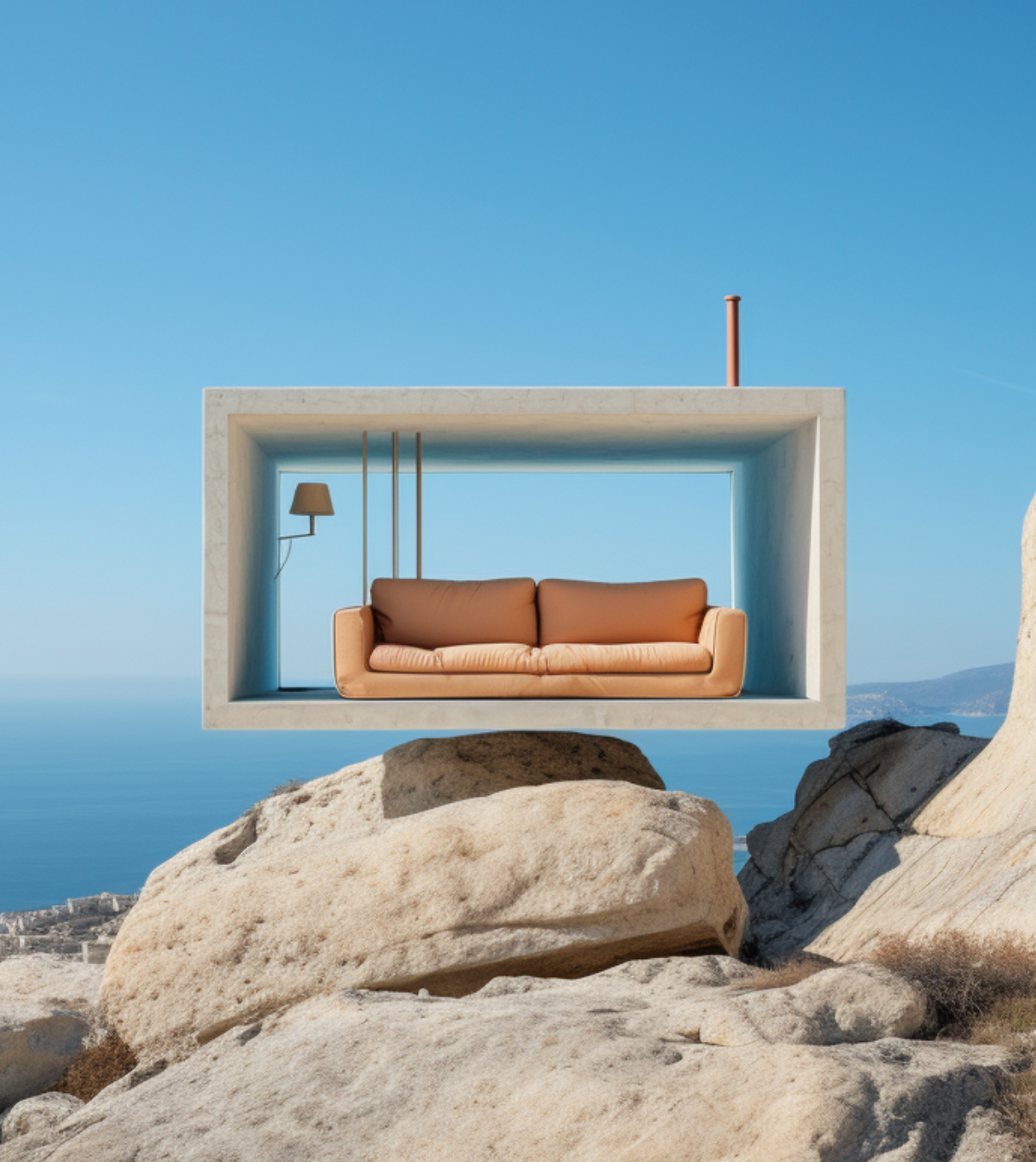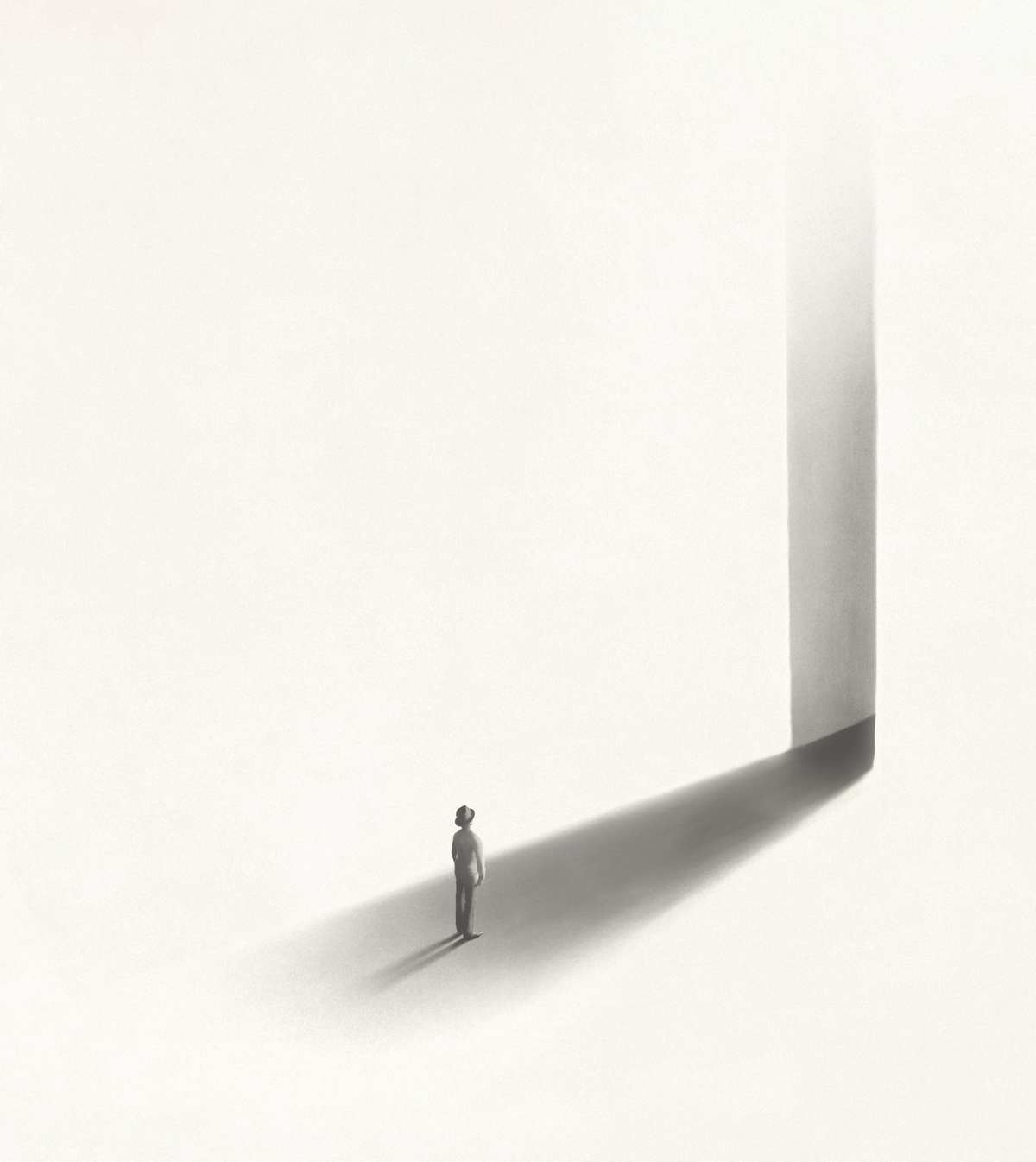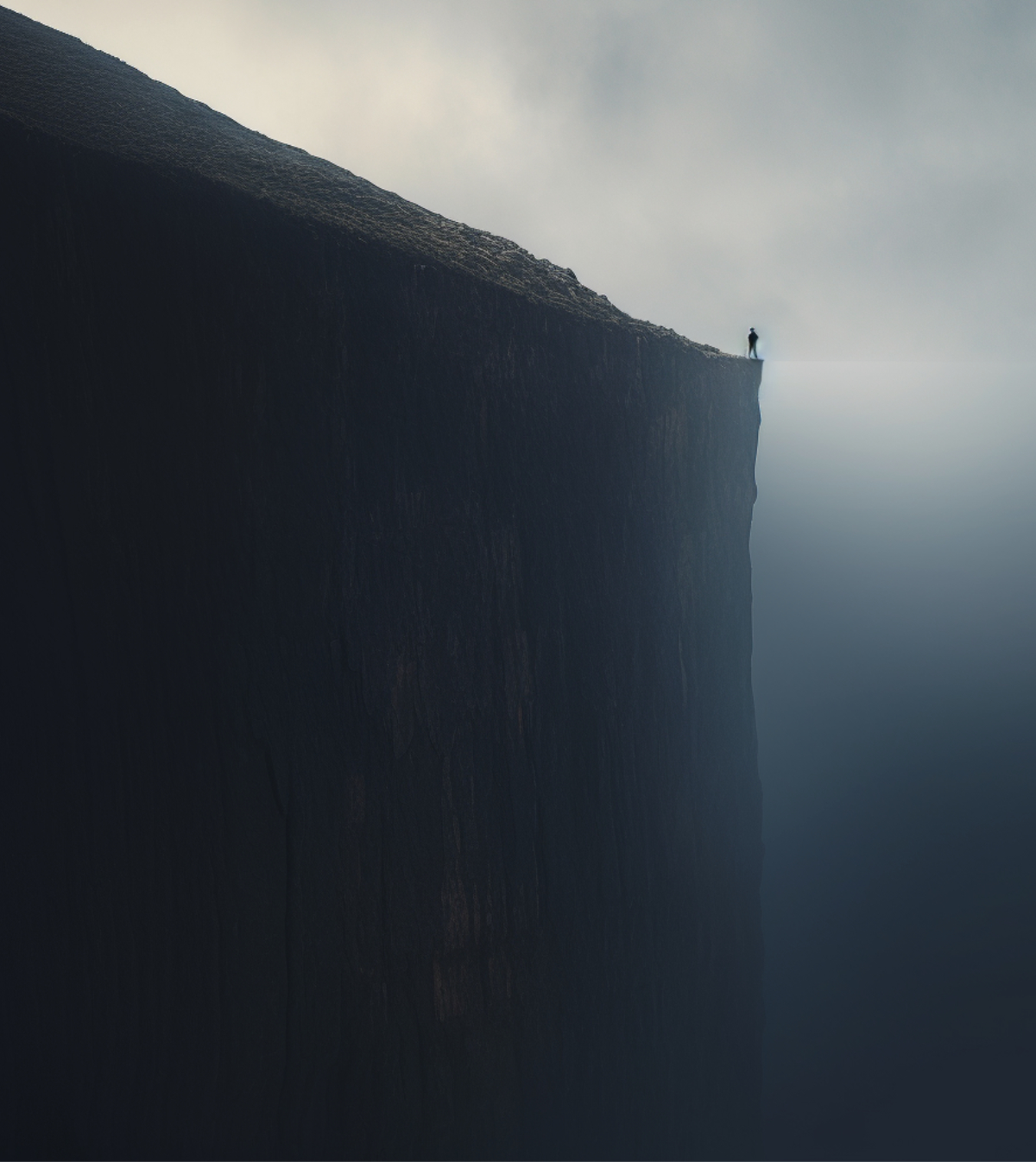We’d like to take the opportunity to introduce you to the winners of one of our Honorable mentions for the “Pape Nature Park Gateway” competition - Justin Oh and Jeremy Leonard from United States!
Justin Oh and Jeremy Leonard from United States
Justin is a designer working in New York City. He completed his Master of Architecture at Yale University, receiving the AIA Henry Adams Certificate and the James Gamble Rogers Scholarship for design excellence and high academic standing. Justin completed his Bachelor of Architectural Science at Ryerson University.
Jeremy recently completed his Master of Architecture at Yale University, where he received the William Edward Parsons Memorial Medal for distinctive work in urban design. In his final year, both of his studio projects were finalists for the H.I. Feldman Prize, honoring the best solution to an architectural problem in an advanced design studio. Jeremy received his Bachelor of Architecture at North Carolina State University.
Brief info about the projects that you/your company have been involved with. For instance, what scale have you focused on/preferred, any significant projects where company/individuals have been involved?
Between the two of us, collaboratively and separately, we have worked on projects of vastly different scales and timelines: a university masterplan, which will take thirty years to design and build, as well as several single family houses, which were comparatively rapidly designed, but will hopefully be used for generations. We both think that architecture should be aspirational: a small pavilion in Latvia should affect and be influenced by contexts far beyond it's immediate vicinity: it's broader site and ecology, the culture it occupies, the global culture of sharing images that all contemporary architecture gets pulled into, the construction industry and the means of manifesting the work in the "real world."
What does architecture mean to you and what is the role of the architect in your society?
Kahn said it well when he described architecture as the "thoughtful making of space." We would broaden his definition of architecture as the making of rooms to include the discipline's social contexts and critical imperatives. An architect should not merely be a passive agent, fulfilling the commissions that they accept, but they should instead push the discipline of space-making beyond the typical methods of production: proposing and developing the fabrication process, acting as the developer. Perhaps we prefer arrrrrr-chitecture: pirate architecture.
Why do you participate in architecture vision competitions?
For us, this competition was a great opportunity to work together over beers! We both enjoy working with each other in our professional lives, and we wanted another outlet to collaborate.
We believe competitions are a great venue for experimentation, and a platform to unpack and test design philosophies. We both admire architecture that is sensitive to a culture and a place, but struggle with this aspiration because "local" identities are fictionalized and commodified. This competition was interesting because of the tension between the local (a fragile park ecosystem, the rich genealogy of wood construction in Latvia) and the global (the "architectural competition" itself, in which architectural images are shared and repackaged, and where architectural precedents tend to become divorced from their climate and place).
What advice would you give to individuals who struggle to decide whether it would be beneficial to them to participate in architecture vision competitions?
You can go at it alone if you want to flex your design muscles, but there's few things more satisfying than going deep into a design problem with a friend. Have fun, and use competitions for the opportunity to build collaborative relationships!
Top 3 Reasons Why You Should Enter Architecture Competitions
Curious about the value of architecture competitions? Discover the transformative power they can have on your career - from igniting creativity and turning designs into reality, to gaining international recognition.
Learn more























